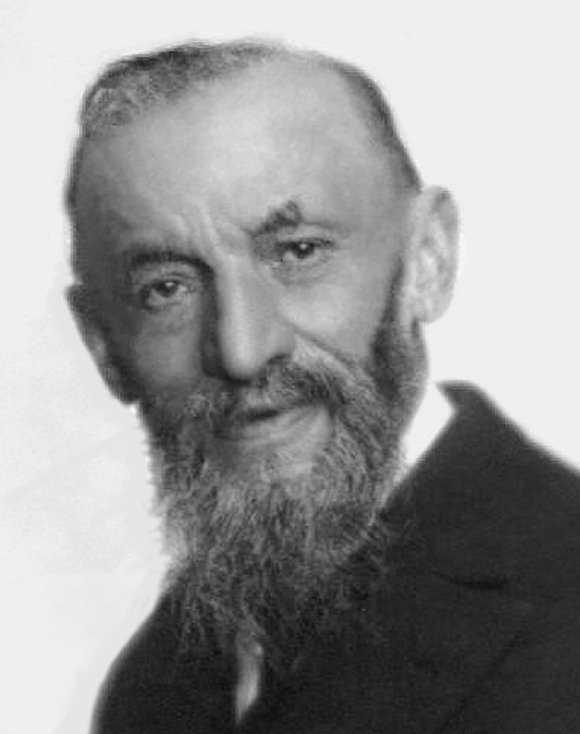System-Relative Impossibility
"The limits of my language mean the limits of my world." — Ludwig Wittgenstein
The Problem with "Anything is Possible"
The claim that "anything is possible" is not just wrong—it's demonstrably false on multiple levels. This isn't merely about what breaks physical laws; it's about what violates the foundational axioms or definitions within any given logical or mathematical system.
Framework-Relative Impossibility
Impossibility is not always absolute; it can be defined within a formal system. Within Peano arithmetic, if you define 1 + 1 = 2 based on axioms and inference rules, then 1 + 1 = 3 is not just false—it's impossible within that system, because it violates the formal rules. Just like in chess, moving a pawn diagonally without a capture isn't just illegal—it's not even a meaningful move under the game's definition.
Mathematics isn't just descriptive—it's constructive. We build abstract systems with internal coherence. Once built, their truths become logically necessary within that system. So "1 + 1 = 3" is not just empirically false—it's logically impossible in the system defined by Peano's axioms. That's not a matter of opinion; it's a matter of rule-bound necessity.

Dismantling the "Anything is Possible" Claim
If a system defines its own internal logic, and the world operates under some kind of system (physical laws, mathematical regularities), then some things are necessarily impossible within that system. To say "anything is possible" is to say "no system or structure is real." But the existence of rules, laws, and consistency tells us some outcomes are off-limits, by definition.
It's like someone saying, "Well, a triangle with four sides might exist somewhere." No—not just in practice, but in principle, a four-sided triangle is impossible under the rules that define what a triangle is. Same with arithmetic. Same with physical law. Same with logic.
Types of Impossibility
"Impossible" is not a single monolithic concept—it's a higher-order label we use to describe different kinds of constraint-bound non-realisability:
Logical Impossibility: Violates the basic structure of logic (e.g., "A and not-A"). Example: A square circle, a married bachelor.
Mathematical/Formal Impossibility: Violates axioms or rules of a defined formal system. Example: 1 + 1 = 3 under Peano Arithmetic.
Physical Impossibility: Violates known laws of physics. Example: Travelling faster than light (based on current models).
Practical Impossibility: Technically possible, but infeasible due to resource or time constraints. Example: Calculating the position of every atom in the galaxy manually.
Epistemic Impossibility: Impossible to know, not necessarily to occur. Example: Knowing the exact position and momentum of a particle (Heisenberg).
The Broader Argument
If some things are definitionally impossible or functionally impossible within a framework or within a system, then on the broader level I can say that some things are impossible. Impossible is a broader term for the types of impossible that can exist.
Criticising Both Extremes
I'm not just arguing against religious claims, but also against certain philosophical stances that might seem "nuanced" but ultimately fall into a similar trap of overly broad generalisation about possibility.
Against Religious Literalists: The claim "anything is possible" is an absolute claim that is demonstrably false. There are things that are logically impossible and things that are definitionally/axiomatically impossible within established frameworks. "Anything is possible" is an overstatement and an incorrect absolute that often serves as a rhetorical device to avoid empirical scrutiny.
Against Philosophers Claiming "Nothing is Impossible": This is essentially the mirror image of the first absolute claim, and it's equally flawed. If some things are logically, definitionally, or functionally impossible within coherently defined systems, then stating "nothing is impossible" is also an incorrect absolute claim. It undermines the very foundations of logic, mathematics, and our understanding of the universe.
Conclusion
Impossibility isn't only metaphysical—it's defined by constraints. Once you have a coherent system (like Peano arithmetic or the Standard Model of physics), possibility becomes bounded, and statements that violate the system are not merely unlikely—they are logically impossible within that framework.
That's how real knowledge works. Not all claims get to exist just because someone imagines them. Possibility operates within frameworks, and within those frameworks, certain things are genuinely impossible because they violate the fundamental axioms, definitions, or laws that constitute that framework. "Impossible" is a meaningful and applicable term, encompassing these various categories of constraint-bound non-realisability.